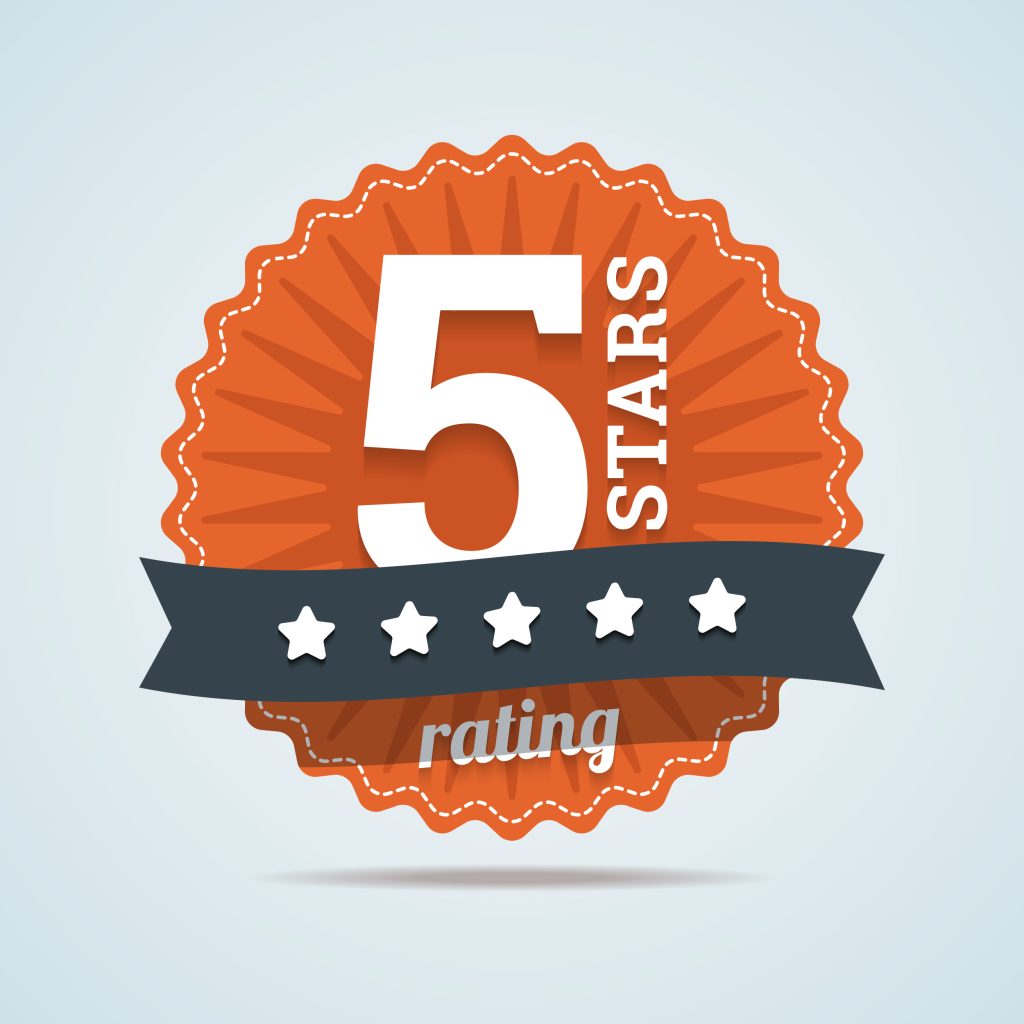- Free Consultation: (630) 527-4177 Tap Here to Call Us
How Using Health Insurance Can Increase Your Net Settlement in Illinois Personal Injury Cases
Most of our clients ask us why their health insurance should pay for their medical bills when the accident they were involved in was caused by someone else. Using health insurance to pay for medical expenses in a personal injury case can significantly increase the net settlement you receive. This is due to lower negotiated rates paid by the insurance for medical treatments and greater negotiating power by experienced personal injury attorneys to reduce subrogation liens compared to confronting unpaid hospital bills directly.
Lower Negotiated Rates Using Health Insurance
- Insurance Negotiated Rates:
- Health insurance companies negotiate lower rates with healthcare providers for medical treatments and services. These rates are typically much lower than the standard rates charged to uninsured patients.
- For example, a surgery that might cost $20,000 at the hospital’s standard rate could be reduced to $10,000 or less through an insurance-negotiated rate.
- Impact on Medical Expenses:
- When your health insurance pays for your medical treatment, the amount you owe for those treatments is reduced to the insurance-negotiated rate. This lower amount will form the basis for any subrogation claims, rather than the higher gross amount billed by the hospital.
- Collateral Source Rule
- Illinois follows the collateral source rule, which states that benefits received by an injured party from a collateral source (i.e., health insurance) will not diminish damages otherwise recoverable from the at-fault party. Wills v. Foster, 229 Ill. 2d 393, 399 (2008). In other words, a plaintiff may still claim the full amount of their medical bill, regardless of the fact that health insurance paid all or part of the bill.
Subrogation and Negotiation Power of Health Insurance
- Subrogation Claims:
- Health insurance companies have subrogation rights, meaning they can seek reimbursement from any personal injury settlement you receive for the medical expenses they covered.
- However, the subrogation amount is based on the insurance-negotiated rates, and what health insurance paid on your behalf, not the gross charges of the medical bill.
- Negotiating Subrogation Liens:
- Plaintiffs typically have greater negotiating power to reduce subrogation liens with health insurance companies than negotiating unpaid medical bills directly with hospitals and medical providers. For more information on how a good attorney can reduce liens on a personal injury settlement in Illinois, visit our previous blog HERE.
- Health insurance companies are often willing to negotiate subrogation liens to facilitate settlement and avoid prolonged legal battles. They may accept a percentage of the lien amount as full payment, particularly if the settlement amount is limited.
Practical Example of Using Health Insurance To Pay Medical Bills
- Scenario Without Health Insurance:
- Total Medical Bills: $100,000 (gross amount billed by medical providers)
- Settlement Amount: $150,000
- Net Settlement Before Paying Attorneys’ Fees and Costs: $50,000 (after paying $100,000 in medical bills)
- Scenario With Health Insurance:
- Insurance-Negotiated Medical Bills: $60,000
- Subrogation Claim by Insurance: $60,000
- Negotiated Subrogation Payment: $40,000 (assuming a 1/3 negotiated reduction)
- Settlement Amount: $150,000
- Net Settlement Before Paying Attorneys’ Fees and Costs: $110,000 (after paying $40,000 in subrogation)
The Legal and Financial Benefits of Using Health Insurance
- Higher Net Settlement:
- By using health insurance, the plaintiff pays the lower, negotiated rates for medical treatments. Even after negotiating subrogation liens, the remaining settlement is typically higher than if paying the full gross amount billed by healthcare providers.
- As demonstrated in the practical example above, using health insurance can result in a significantly higher net settlement.
- Reduced Financial Stress:
- Health insurance can cover a large portion of medical expenses upfront, reducing the immediate financial burden on the plaintiff. This allows the plaintiff to focus on recovery without worrying about how to pay large medical bills.
Using health insurance in your personal injury case can substantially increase your net settlement by taking advantage of lower negotiated rates for medical treatments and greater negotiating power to reduce subrogation liens. By leveraging these benefits, plaintiffs can maximize their financial recovery and minimize the stress associated with handling large medical bills.
For more detailed information and assistance, consulting with a personal injury attorney who is experienced in handling health insurance and subrogation issues is recommended. This ensures that you fully understand your options and can effectively navigate the complexities of your personal injury case.
Contact the Illinois Personal Injury Attorneys at John J. Malm & Associates
Dealing with medical bills as a result of a personal injury claim can be a difficult and confusing process, especially if lienholders are involved. If you or a loved one has been injured in an accident, contact the top-rated Naperville personal injury attorneys at the law firm of John J. Malm & Associates to learn more about how you may be entitled to receive compensation for your injuries.
















